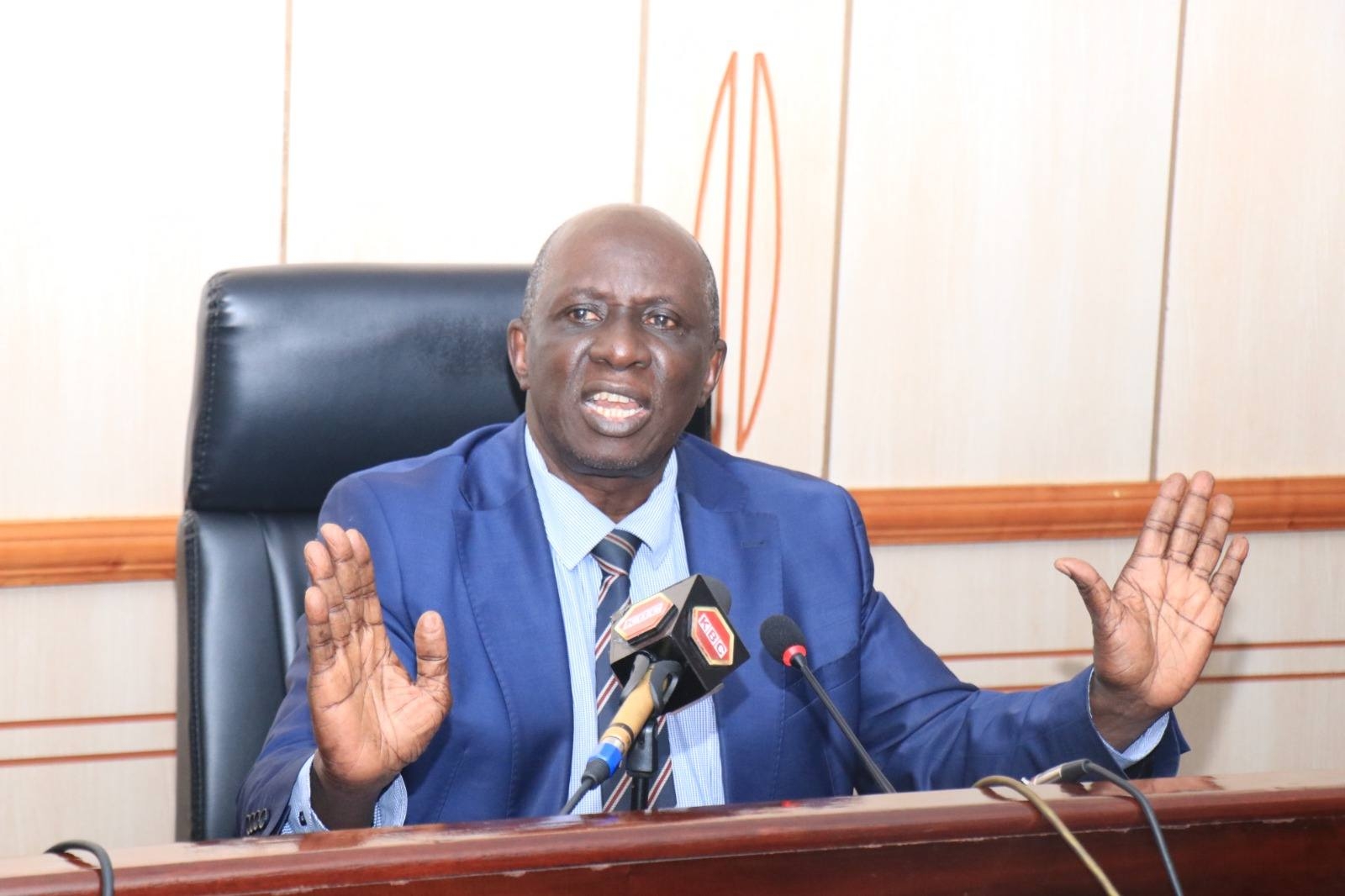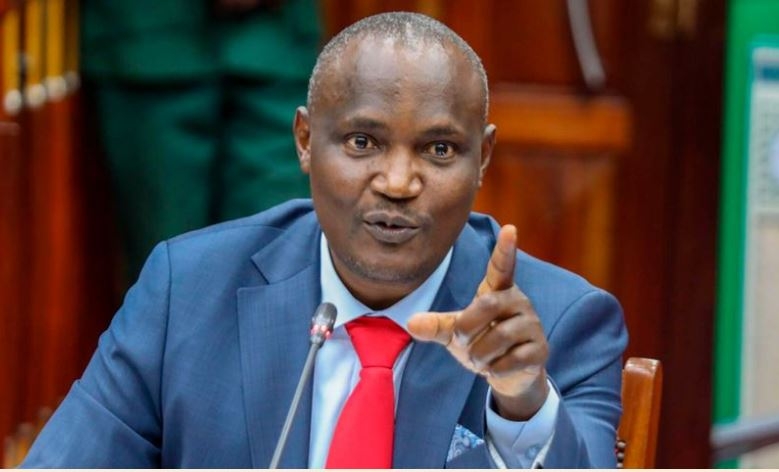At least 12,000 students have appealed for additional funding from the Higher Education Loans Board, claiming they were placed in the wrong bands.
Speaking on Friday, Universities Fund CEO Geoffrey Monari said they have instituted measures to resolve the issue, adding that the applications for funding and appeals will continue until the end of the year.
“We have already processed over 127,000 loan and scholarship awards. We are in the process of evaluating the appeals. As of yesterday (Thursday) evening, over 10,000 appeals have been processed and this shows that there are many Kenyans who are still interested to ensure that they are pooled in the correct band,” he told the media on Friday.
The breakdown showed 134,049 applications by Thursday and 12,950 appeals.
Monari said most of the students who appealed to be recategorised have already reported to universities without paying any fee.
However, he noted the categorisation is based on the information the students declared. He noted some genuine appeals were by students who initially failed to volunteer crucial information, such as medical records, that could help them.
The Ministry of Education last week directed universities to admit and house students before they pay any fee.
Monari said universities have been cooperative and no student has been turned away.
He said the fund has posted field officers to universities to help new students in the appeal process.
He also said there are students from marginalised areas who had not even applied for government funding. He said they will be assisted to make applications.
“This process is still open until 31st of December and the appeal process will still be on until that period of time,” he said.
Monari said each appeal will be processed within three weeks.
"We are going to even engage the National Government Administrative Officers to go to some of these students to verify the information that they are giving us currently, so that we don't leave any student behind."
Helb Lending Manager King’ori Ndegwa said only students in band two to five can appeal to be recategorised.
“Last year we saw many people in band one appealing to be recategorised. But they should not, unless they want to receive less funding,” he said.
The new university funding system, called a ‘student-centred financing model’, is determined by financial situation.
Previously, all students who met the academic threshold received government funding regardless of their financial background.
Students can apply for grants and loans through the Higher Education Financing Portal. The fund categorises them into one of five funding bands based on their financial need.
Band One is for the most needy students, who get government funding to cover 95 per cent of the total university costs. This funding comes as scholarships (70 per cent) and 25 per cent Helb loan.
Students placed in Band Two receive funding to cover 90 per cent of the total university costs, split as 60 per cent scholarships and 30 per cent loans.
Band Three students receive funding to cover 80 per cent of the total university costs (50 per cent scholarships and 30 per cent loans) while those in Band four get funds to cover 70 per cent of costs (40 per cent scholarship and 30 per cent loan).
Band Five is for students from more affluent families and the government covers 60 per cent of the total university costs.
However, students can choose to apply only for the government grant or just the Helb loan without a scholarship.
The remaining tuition fees and living expenses is covered by the student’s household or guardian.












